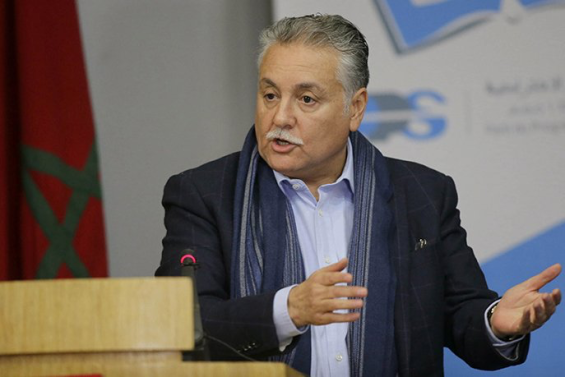The Secretary-General of the Party of Progress and Socialism (PPS), an opposition party, has clarified the total amount of tax exemptions granted by the Akhannouch government to sheep and cattle importers between 2022 and 2024.
«An official government document reveals that these exemptions amount to approximately 13.3 billion dirhams and that 277 importers have benefited from them», stated Nabil Benabdellah on X.
In his post, the political leader and former minister specified that these figures come from a document titled Data and Additional Information Requested by Parliamentary Groups and Parties at the House of Representatives. He added that the PPS had requested clarifications from the government in October 2024 during discussions on the 2025 finance bill.
Figures Far Exceeding the 300 Million Dirhams Announced by Alami
«The suspension of import duties on domestic cattle, from October 21, 2022, to December 31, 2024, for a maximum of 120,000 head, cost 7.3 billion dirhams», said the former Minister of Urbanism. «The State budget also covered the value-added tax (VAT) on cattle imports from February 3, 2023, to October 22, 2024, amounting to 744 million dirhams».
Between October 21, 2022, and October 22, 2024, 133 importers benefited from these tax advantages related to cattle imports. «The general State budget covered customs duties on sheep imports from February 2023 to October 18, 2024, at a cost of 3.86 billion dirhams», he added, noting that the suspension of VAT payments during the same period amounted to 1.16 billion dirhams.
Meanwhile, Rachid Talbi Alami, President of the House of Representatives and a member of the RNI political bureau, stated on Friday, March 28, that tax exemptions for sheep and cattle importers did not exceed 300 million dirhams.
A Growing Political Controversy
Long before this debate, the General Secretariat of the Justice and Development Party (PJD) had called in February for the Court of Auditors to investigate the matter. On Sunday, Islamist MP Abdessamad Haiker renewed the demand by calling for a parliamentary inquiry commission.
Under Article 67 of the 2011 Constitution, inquiry commissions «can be created at the initiative of the King or at the request of one-third of the members of the House of Representatives, or one-third of the members of the House of Councillors».
The PJD now faces the challenge of securing the support of 131 MPs to move forward with its request—an uphill battle, as evidenced by the failure of a similar initiative in April 2023 to investigate Russian diesel imports.





 chargement...
chargement...













